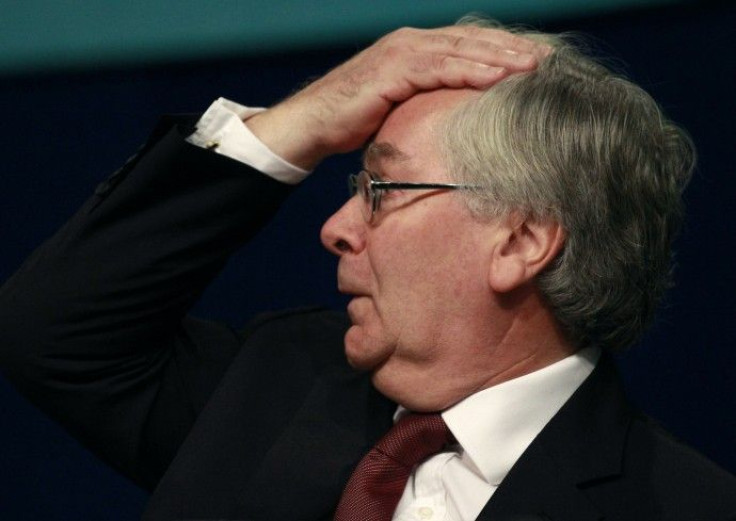BoE keeps rates at record low for 22nd month

The Bank of England kept its key interest rate at a record low 0.5 percent as expected on Thursday, judging that longer-term downward pressure on prices will quell a looming spike in inflation.
British consumer price inflation was 3.3 percent in November and is forecast to rise to 4 percent in the coming months due to higher food and fuel costs and last week's rise in sales tax.
But the BoE expects that by early next year inflation will fall back to its 2 percent target, which it has exceeded since December 2009. The economic recovery is still seen as too weak for this extended period of above-target inflation to trigger a longer-term spiral in wages and prices.
Inflation is primarily being driven by temporary factors such as a rise in VAT, high commodity prices and past depreciation of the sterling. Stripping away these factors reveals that underlying price pressures remain low, said Nida Ali, economic adviser to accountants Ernst & Young.
Economists polled by Reuters last week were unanimous in the view that the BoE would keep its interest rates on hold and make no change to the 200 billion pounds of quantitative easing asset purchases conducted from March 2009 to February 2010.
There was no significant market reaction to the decision.
However, financial markets are now pricing in a strong chance of an interest rate hike as early as May, as they predict the BoE will be forced to take action to defend its credibility in the face of rising public inflation expectations.
Pressure is mounting on the MPC, said Roger Bootle, economic advisor to Deloitte. However, I continue to think that the rise in inflation will be temporary and believe that interest rates need to stay low if the economy is to stand any chance of weathering the enormous fiscal tightening.
Minutes of the BoE Monetary Policy Committee's meeting on Wednesday and Thursday will not be published until January 26, but economists expect a repeat of the three-way split that has been in place since October.
MPC member Andrew Sentance has been calling for a rate rise since June, now that the economy is no longer in recession, while his colleague Adam Posen believes more quantitative easing is needed due to a lack of bank lending to support the recovery.
The other 7 members of the MPC have voted to keep policy unchanged.
The BoE faces a high degree of economic uncertainty at the moment. The coldest December in 100 years has made it hard to judge the underlying rate at which the economic recovery is losing pace.
While Britain's small manufacturing sector is getting a strong boost from exports, the domestically focused services sector is suffering from weak demand due to high household indebtedness and looming government spending cuts.
© Copyright Thomson Reuters 2024. All rights reserved.











